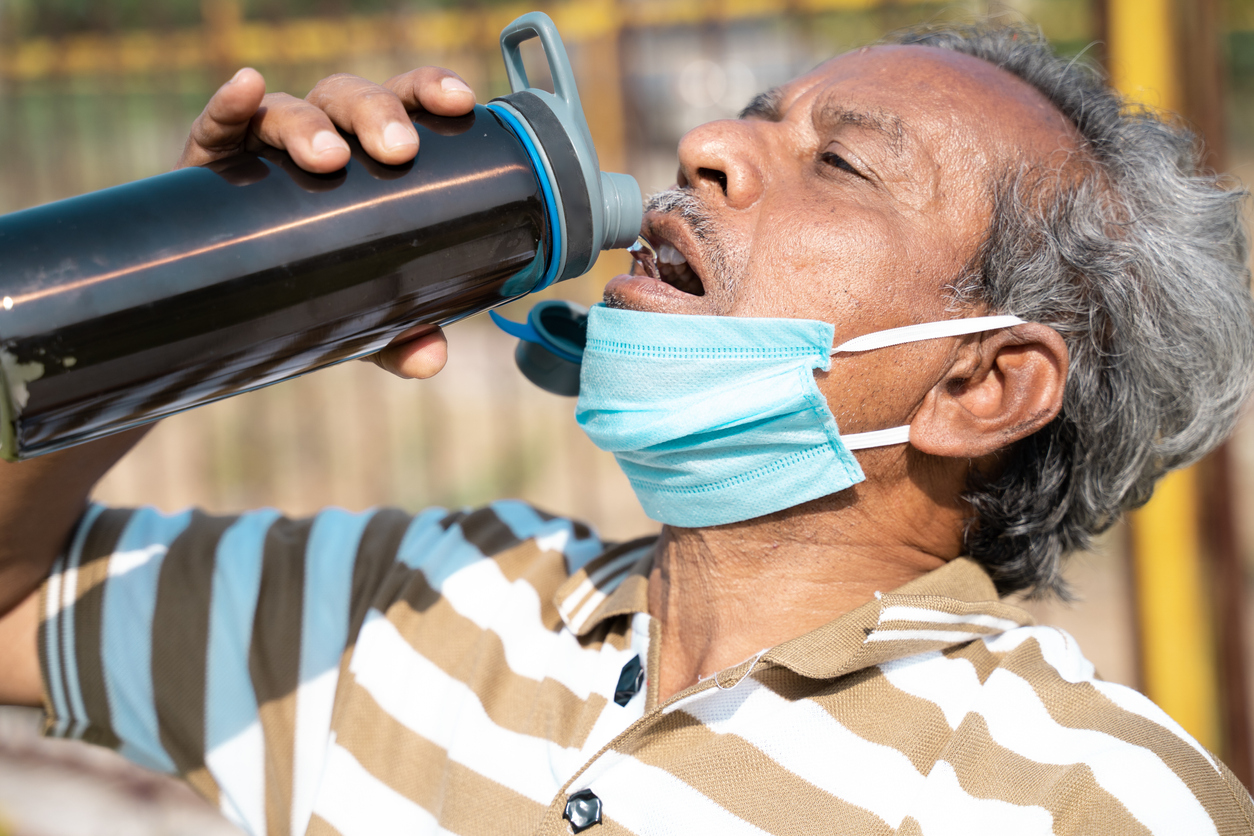Beat The Heat: Have You Begun To Plan For Extreme Heat Waves?
May 3, 2023

It may feel early to start talking about summer heat waves. But the reality is, heat- and not just hot weather but extreme and unpredictable hot weather- is no longer confined to the summer months of June, July, and August. In certain regions of our country, temperatures this Spring have already reached the 90s and the potential for extremely hot weather grows more worrisome by the week. A recent article in Ars Technica describes an “ominous heat event unfolding in the oceans,” remarking that since March, the average sea surface temperature has been climbing to record levels and this ominous phenomenon is happening in oceans around the world. As the article makes clear, “What happens in the sea doesn’t stay in the sea.” Moreover, a recent post in Vox focuses on the alarming early heat wave in Asia, and why this bodes poorly for us in the United States. What the article makes clear is that extreme heat is dangerous (especially for older adults) but being unprepared is what really poses a threat. For people used to hot weather for long periods, their bodies usually have time to acclimatize and adjust to the heat. Regular exposure allows you to build up a tolerance and understand your need to hydrate. But unexpected heat, or the early days of an extreme heat wave, can pose a very serious risk, as your body is caught off guard. In fact, deaths attributable to heat tend to take place earlier in a heat wave when people are not expecting or acclimatized to the heat. Last May, Vox reports, ½ of the US population was confronted with temperatures 20-30% above average. So no, it’s not too soon to be talking about the dangers of heat exposure for older adults.
Moreover, it’s not just multiple days of heat that cause concern. It’s also that evenings are not cooling down the way they used to. So, for those who seek relief from the heat during their evening slumber, those days may be numbered as well. Not only will your body not get the heat relief it craves, but your sleep may then be disrupted and your body may experience other downfalls because it lacks an opportunity to cool down. And while air conditioning, shade, water, and community cooling centers will all help counteract and protect, it’s often those essentials that are lacking for older, impoverished adults, who may even lose their electricity over unpaid bills. In fact, older people of color, who may lack resources and suffer from such chronic conditions as diabetes or high blood pressure are at particular risk, because they likely lack the mobility or money to get to a cooling center if one exists and their housing may not provide sufficient protection from the heat.
Arizona and California have already begun to face serious threats from excessive heat (along with wildfires). The Phoenix area, a popular retirement destination, is considered ground zero for heat-associated deaths in the United States. In fact, during the “hot” season of May through October, Maricopa County records online a weekly tally of the number of heat-related deaths. California, during past seasons (and likely upcoming ones), has not only dealt with heat risks among its older population but also the effects of wildfires that spew toxic residues into the air, which get absorbed into the bloodstream. This is especially risky as many older adults already have reduced lung capacity. Moreover, given the prevalence of heart disease among older populations, many heat-related deaths are actually due to cardiovascular problems which are amplified by the complications caused by heat and fires. And older adults are also at increased risk due to commonly taken medications, such as diuretics for high blood pressure or statins for cholesterol. It appears that those medications, among others (including aspirin and beta-blockers) leave older adults at greater risk for a heart attack during heat waves.
So how should you prepare for the coming heat waves (if they haven’t started in your region already)? In past agebuzz posts, we’ve discussed ways to beat the heat- ways to cool down, cool your home down, and keep yourself hydrated- but perhaps the biggest way to prepare is to make a plan in advance: Make sure air conditioning is available and working (many communities now have programs to repair or replace air conditioning for older residents), make sure you know in advance where cooling centers have been set up (and have a plan for getting yourself to one) and if you’re a family member or neighbor, understand which older adults in your area are at risk and how you can help when the heat begins. For a valuable resource to help you plan and prepare, pour yourself a glass of ice water and click here.







